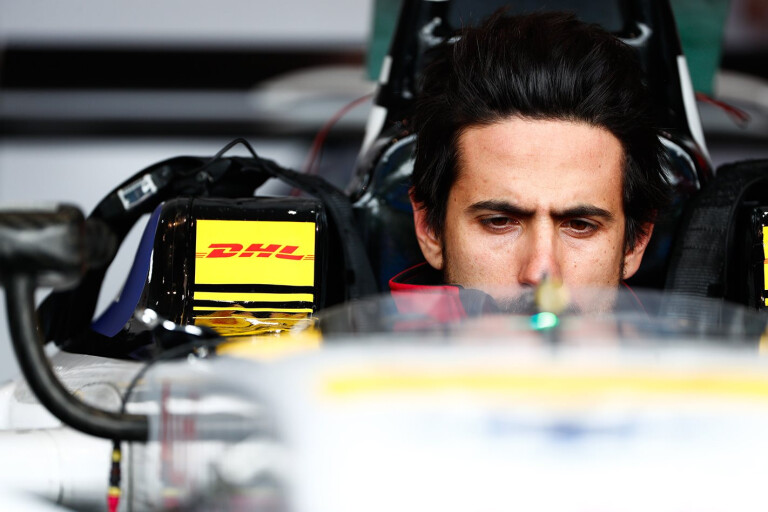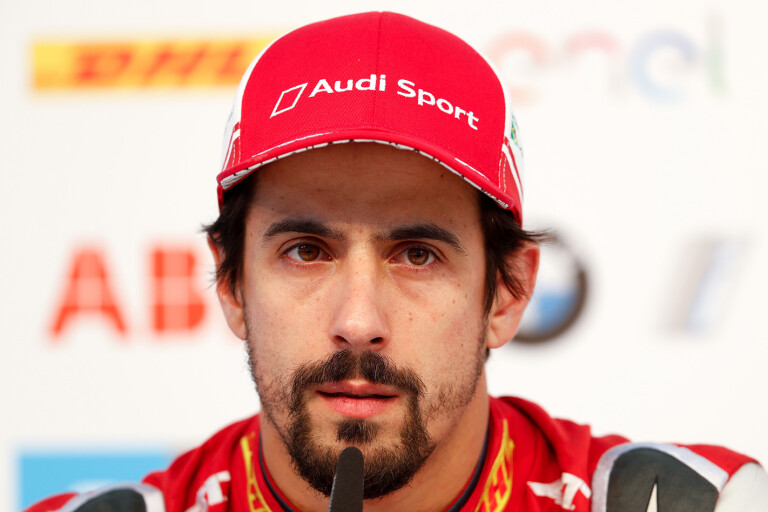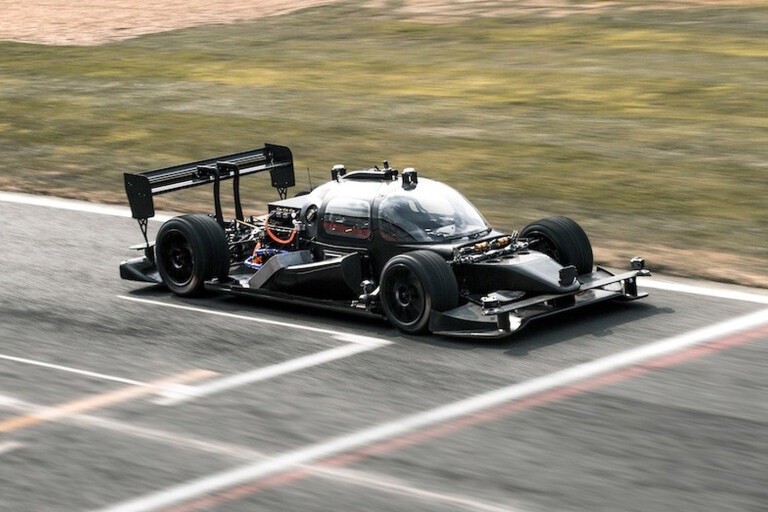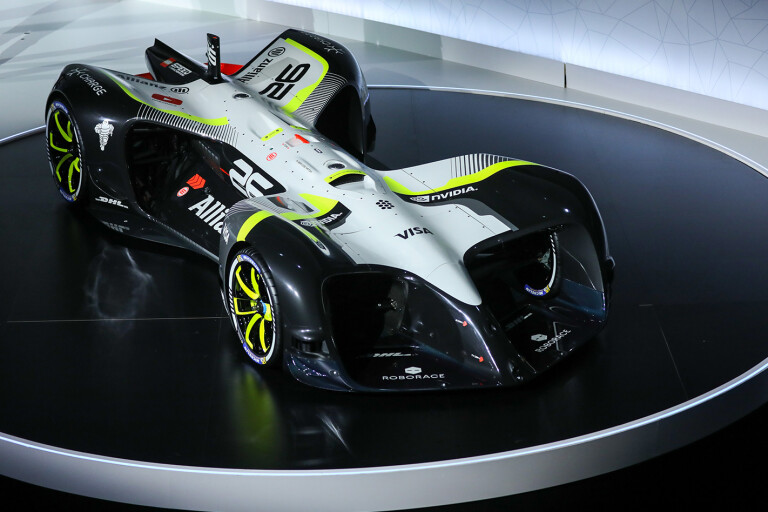
MOTORSPORT is facing an uncertain future. The support of manufacturers and sponsors who have traditionally propped up the multi-billion dollar industry is beginning to waver, while viewer habits are becoming increasingly fragmented in an ever-changing media landscape. Then there are traditionalist followers who feel put out by a shift towards ‘green conscious’ regulations.
But there may be an unlikely saviour – Lucas di Grassi.
Racing drivers aren’t traditionally well equipped to solve the multi-faceted existential problems facing motorsport, immense talent behind the wheel notwithstanding. But Lucas di Grassi isn’t a normal racing driver. A member of the famous high-IQ society Mensa and with a degree in Economics, his ideas are formed outside the box, and he has ambitions to one day become the president of the FIA.

His racing credentials are impressive – the 33-year-old Brazilian is a factory Formula E driver for Audi and a former World Champion who has competed at the 24 Hours of Le Mans four times, finishing on the outright podium in three instances. He dovetails his motorsport career as the CEO of Roborace, the controversial category that ditches humans for autonomous racing.
Roborace aims to put race cars driven by AI onto city tracks around the world as a support category to Formula E, with plans for a debut as early as late-2018. ‘Season Alpha’, as Roborace calls it, won’t be completely autonomous, with di Grassi revealing to Wheels that autonomous vehicles will initially race alongside human drivers. As of writing, Roborace itself is the sole entrant in the series, but di Grassi reckons a six-car field will take part in the debut.

Di Grassi was a core member of the team that created Formula E, developing the race car and sporting regulations. He has become a de facto politician in global motorsport, regularly campaigning for design and rule changes in other categories, where he says the racing itself should stand above all else.
“When government regulation is pushing towards electric cars, it makes no sense for the manufacturers to race a combustion engine, unless it is for entertainment,” he explains.
That’s not to say di Grassi doesn’t see a future for traditional racing. He’s a fervent believer that Formula E and Roborace allows motorsport’s long-standing pinnacle – Formula 1 – to return to a purer set of rules to maximise the visceral spectacle, not break new technical ground.
So what motivates a man to lead a venture, which, if successful, would make his own career path redundant? “The market is going in the [electric and driverless] direction, whether we like it, or not,” says di Grassi.

“The pure pressure of economics will go for driverless cars in the next decade or more, so there is no way I can avoid it.
“So what I am trying to do is to adapt motorsport, still create jobs for other drivers, while at the same time ... create a niche for other companies to invest.”
While di Grassi hopes traditional manufacturers will be interested in autonomous and EV racing, he sees the future as an opportunity to attract new investors.
“Where could you imagine Google joining motorsport?” he asks rhetorically. “In Roborace! Where could you imagine Uber, or even Amazon? The only category that we think would be relevant to these companies is one which mixes artificial intelligence and deep learning with human skills. That is what we are trying to do with Roborace.”
Central to motor racing’s ability to enthral crowds has been the gladiatorial spectacle of human drivers piloting fearsome mechanical beasts,. However Roborace sees greater potential in attracting E-sport online viewers rather than flag-waving punters at a circuit.
Then there’s the scope for theoretically limitless testing, something di Grassi is hoping to use to his advantage.
“We want to use augmented reality and virtual reality and create a virtual twin for online racing, so our Devbots (the development vehicles Roborace uses at exhibition events) can race online 24/7,” he explains.
“It’d be almost like an evolving algorithm. The best ones can keep racing, and the new ones come in and self-learn and keep racing and learning and improving before getting into the real world.”
But while early Roborace demonstrations have been well received online, external support and a locked-in debut for the potentially game-changing championship remain elusive.

COMMENTS